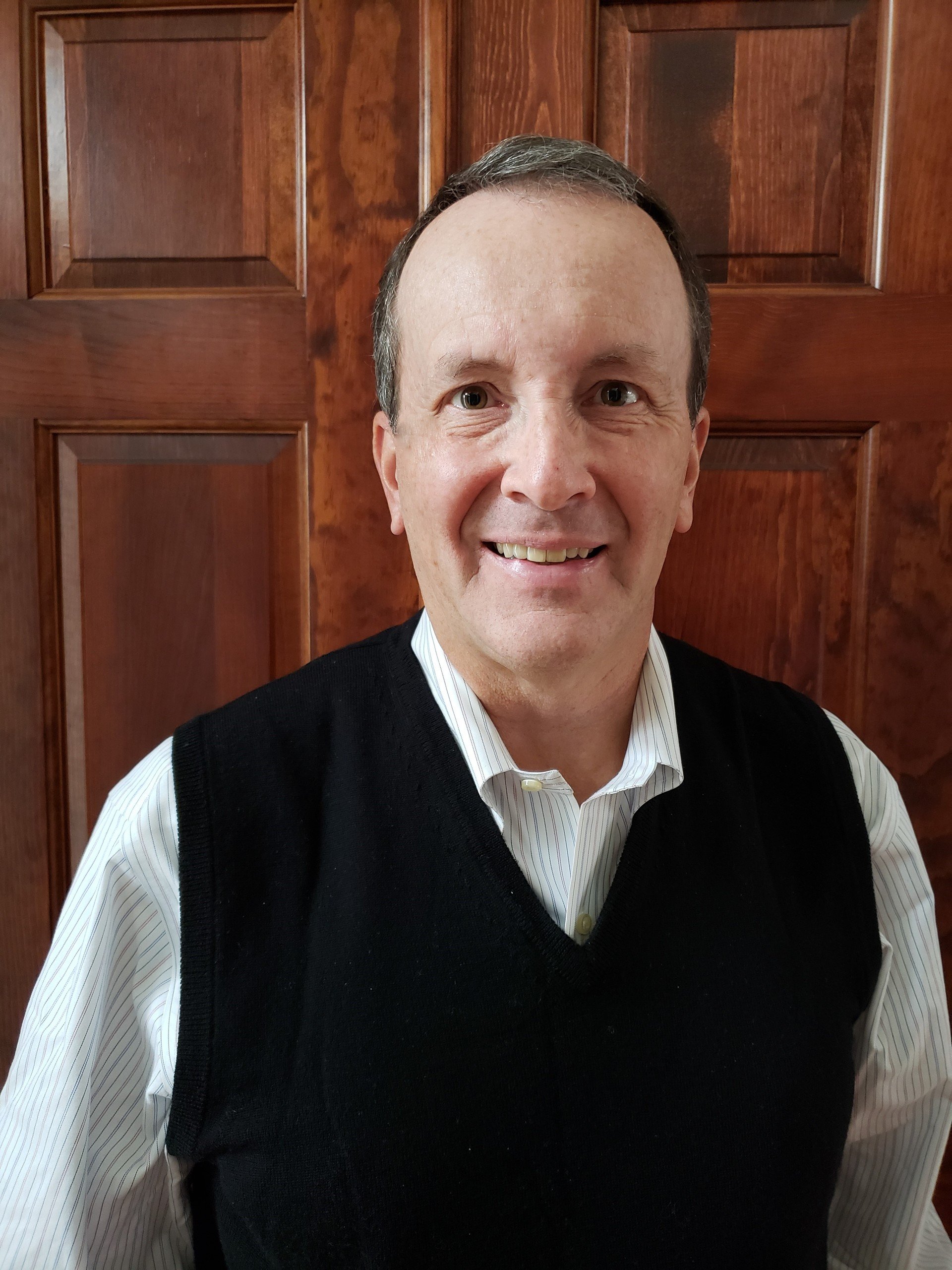Retired EY Partner Supports Simulation in Preparing Business Students
David Rudd graduated from BGSU in 1983 with degrees in accounting and management information systems followed the next year by earning a Master of Accountancy degree from the University. After graduation, he joined Ernst & Young LLP (EY) and blazed a highly successful 32-year career selling and delivering business advisory services.
He is a strong supporter of using simulation and praises the College of Business for using simulation to teach business concepts. Rudd notes, “Simulation experiences permit students and business managers to take deeper, more robust looks into how major decisions will play out. Given the increasing power of technology, especially artificial intelligence, simulation modeling can offer very rich learning experiences.”
 During his tenure at EY, Rudd was involved in simulation through two forms. Rudd states, “In a ‘solution workshop’ a group of leaders would gather to address a significant problem (e.g., how to launch a new business, how to turn around a struggling business). Because such discussions had top-line revenue and bottom-line profit considerations with significant implications for our clients and team members, we had to in effect ‘simulate’ the future state while trying to optimize outcomes across stakeholder groups.”
During his tenure at EY, Rudd was involved in simulation through two forms. Rudd states, “In a ‘solution workshop’ a group of leaders would gather to address a significant problem (e.g., how to launch a new business, how to turn around a struggling business). Because such discussions had top-line revenue and bottom-line profit considerations with significant implications for our clients and team members, we had to in effect ‘simulate’ the future state while trying to optimize outcomes across stakeholder groups.”
The second form was the fully technology-enabled business simulation. “As Americas Advisory Quality Leader,” states Rudd, “I was challenged by EY’s Advisory Leader to come up with a creative, engaging way for our executives to learn how to apply our quality principles to an increasingly complex business environment.”
He and his team developed a multi-functional simulation. According to Rudd, “Using the consulting engagement life cycle (sales to delivery) as the decisioning context, we placed the simulation into a ‘game’ setting whereby teams of professionals competed against each other in an attempt to optimize the results for four stakeholder groups: the client, the EY account team serving the client, the engagement (project) team members, and EY as a whole (profitability, regulatory compliance, brand management, etc.).”
The ’83, ’84 graduate adds that the simulation was delivered simultaneously to almost 2,000 EY consulting executives over an 8-hour period. “The feedback was overwhelmingly positive — so much so that the core simulation was adopted by EY’s Global Learning Team and integrated into our world-wide Advisory executive onboarding training programs.”
Rudd thinks simulation activities better prepare college students for the real world. “It can be an effective tool for fostering cross-functional cooperation and problem solving through case studies with real world constraints and tradeoffs.”
As far as needed skillsets of today’s graduates, Rudd believes they should have one or two “deep technical, functional or sector (industry) strengths as a base” and a working understanding of business functions outside their main focus area. “Soft skills” which are needed include “critical thinking, active listening, and a welcoming attitude toward diverse thoughts, ideas and life experiences.”
He praises the College of Business for providing him with a foundation for his road to career success. Rudd states that while in the College, he learned about the purpose, structure and methods of multiple business functions; integration and tension between those functions and the external business environment through simulation; and internship opportunities.
Being a Falcon runs deep in Rudd’s family - his wife, Daina, his parents – Robert and Mary Rudd, his brother, Michael, sister-in-law Kathryn and numerous other relatives. That Falcon connection has translated into strong financial support of academic scholarships, the accounting program and BGSU overall.
Using business simulation in College of Business courses has resulted in students performing at the highest levels with the Capsim Foundation Challenge, a business simulation competition between students around the world each semester. BGSU has the best record of Top 6 Finalists of any other university that competes.
Updated: 12/12/2019 01:32PM
